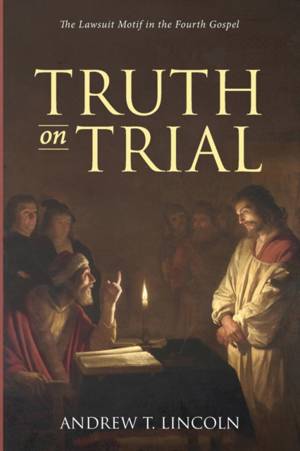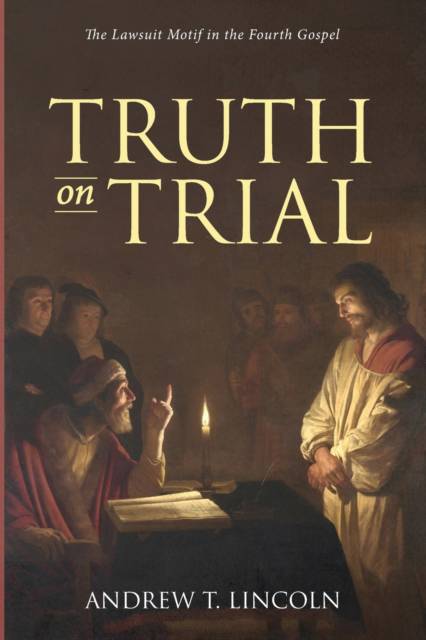
- Afhalen na 1 uur in een winkel met voorraad
- Gratis thuislevering in België vanaf € 30
- Ruim aanbod met 7 miljoen producten
- Afhalen na 1 uur in een winkel met voorraad
- Gratis thuislevering in België vanaf € 30
- Ruim aanbod met 7 miljoen producten
Zoeken
Omschrijving
Religious truth has always been in dispute, but there are certain times and places in which the debate has been more intense. One such period was the first century C.E., when the rapid spread of Christianity with its claims about Jesus produced considerable ferment. The Gospel of John, written late in that century, presents that dispute with greater clarity than any other document of the time. John presents a Jesus who claims not only to tell the truth but also to be the truth. And yet, as the Roman magistrate asks Jesus in John's gospel, what is truth? Two millennia later in the Western world, pluralism and postmodernism radically challenge traditional notions of truth. Is there any truth beyond the formal logic of merely analytical propositions? And if there is, do humans have any way of knowing it? Many who have a postmodern perspective deny that either rationality or imagination can give us access to the truth. Instead they adopt a throughgoing incredulity toward metanarratives. Truth is again on trial.
Specificaties
Betrokkenen
- Auteur(s):
- Uitgeverij:
Inhoud
- Aantal bladzijden:
- 544
- Taal:
- Engels
Eigenschappen
- Productcode (EAN):
- 9781532697401
- Verschijningsdatum:
- 25/09/2019
- Uitvoering:
- Paperback
- Formaat:
- Trade paperback (VS)
- Afmetingen:
- 152 mm x 229 mm
- Gewicht:
- 716 g

Alleen bij Standaard Boekhandel
+ 103 punten op je klantenkaart van Standaard Boekhandel
Beoordelingen
We publiceren alleen reviews die voldoen aan de voorwaarden voor reviews. Bekijk onze voorwaarden voor reviews.








